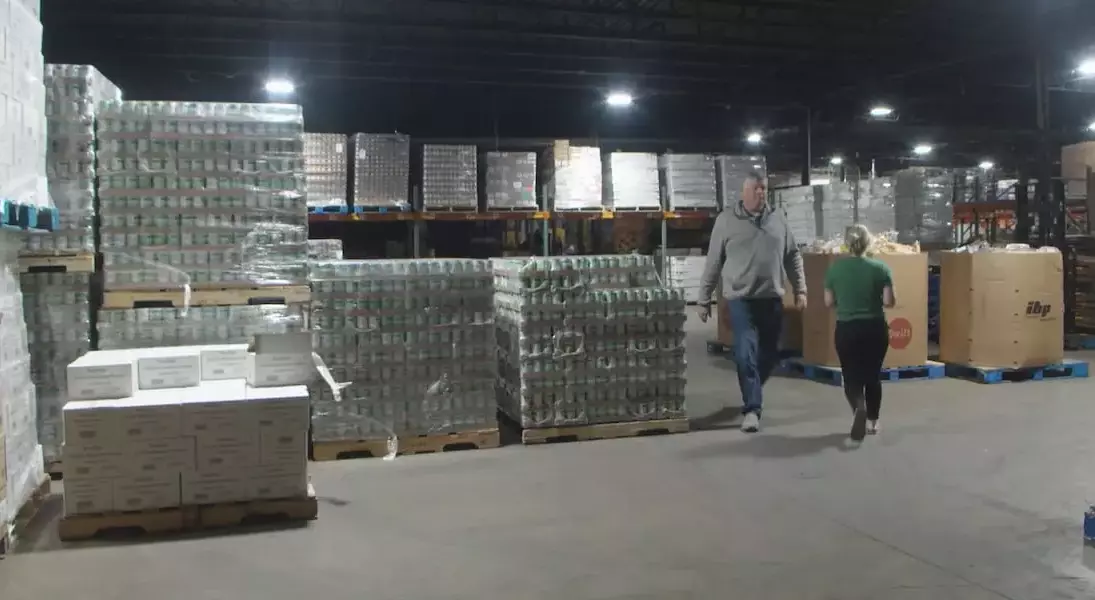
In a bid to combat child hunger during the summer months, the state of Iowa has introduced an innovative pilot program named Healthy Kids Iowa. This initiative, funded by the USDA and supported by regional food banks, aims to provide essential nutritional support to school-aged children across the state. The Foodbank of Siouxland has received over $700,000 to procure necessary food items, ensuring families receive approximately $40 worth of groceries per child monthly for June, July, and August. The program focuses on delivering balanced meals and snacks to meet children's dietary needs, particularly in areas where access to nutrition diminishes with the end of the school year.
Healthy Kids Iowa: A Lifeline for Families
In the heart of Northwest Iowa, amidst the golden fields of summer, a new chapter in child nutrition has begun. The Healthy Kids Iowa program, initiated earlier this month, targets families within an eight-county region, aiming to reach 6,000 children monthly. Spearheaded by the Foodbank of Siouxland, this endeavor ensures that youngsters do not endure nutritional gaps when schools are closed. On a Tuesday morning, the warehouse at Siouxland was brimming with the first shipment of food, meticulously curated to include breads, proteins, fruits, and vegetables. Jacob Wanderscheid, Executive Director of Foodbank of Siouxland, emphasized the importance of providing comprehensive meal solutions while also catering to snack needs. Community Action Agency of Siouxland (CAAS) stands as one of the key distribution points, where eligible families can conveniently collect their supplies without prior registration. To qualify, households must adhere to federal poverty guidelines or have previously participated in the Emergency Food Assistance Program (TEFAP).
From a journalist's perspective, the Healthy Kids Iowa program exemplifies the power of community collaboration and resourcefulness in addressing critical social issues. It highlights the crucial role that local organizations play in bridging nutritional gaps during periods when traditional systems, like school lunches, are unavailable. This initiative not only supports children's health but also alleviates the financial strain on families, fostering a more equitable and supportive environment for all residents of Northwest Iowa. As we witness the dedication of leaders such as Jacob Wanderscheid and Jean Logan, it becomes evident that small-scale programs can spark significant change, paving the way for broader reforms in national food assistance policies.
